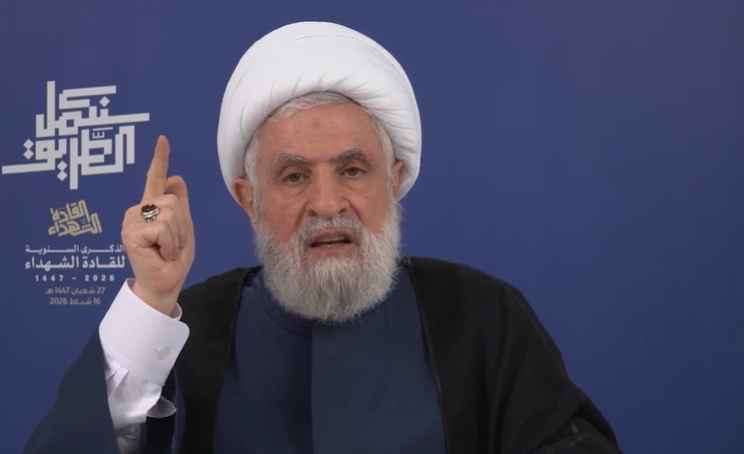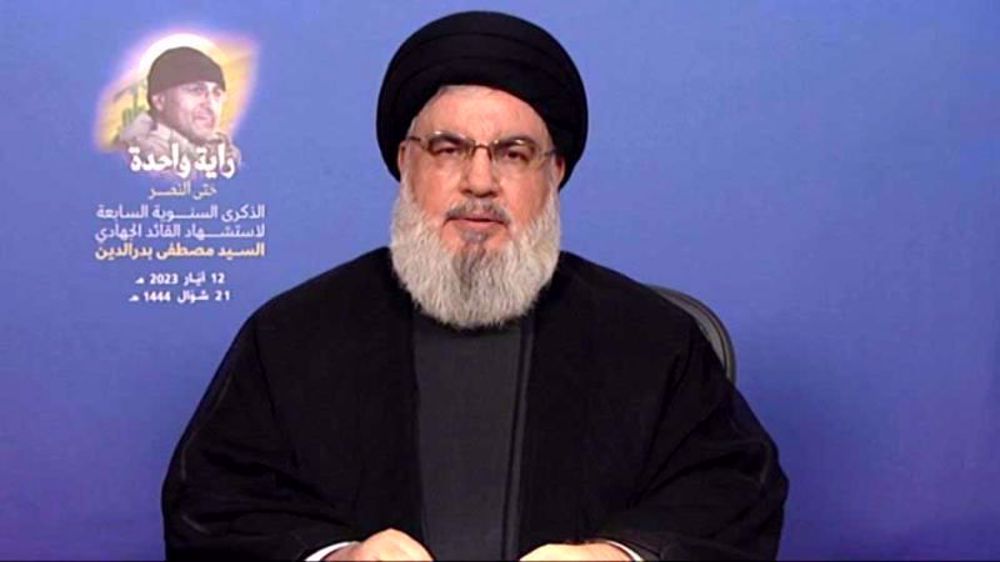Israel’s high court to hear petition seeking Netanyahu’s removal over conflict of interest
The Israeli high court has decided to discuss a petition that seeks to remove prime minister Benjamin Netanyahu from office for flouting the conflict of interest agreement he signed amid his ongoing trial over fraud, breach of trust, and corruption.
Israeli media reported that the agreement, which the 73-year-old chairman of the right-wing Likud political party signed with former attorney general Avichai Mandelblit, requires him to avoid involvement in judicial legislation that could affect the outcome of his cases.
Judge Ruth Ronnen ruled on Thursday that the petition will be examined by a panel of justices in the near future, but did not set a date for the hearing.
The petition was submitted by the so-called Fortress of Democracy, who based their claim on a letter written by Attorney General Gali Baharav-Miara in March informing Netanyahu that he had violated the conflict of interest agreement.
Baharav-Miara also warned that any further involvement on Netanyahu’s part in the alleged judicial reforms that seek curbs on the writ of the so-called Supreme Court would be “illegal and tainted by a conflict of interest.”
The strongly-worded letter from the Israeli attorney general came after Netanyahu announced that he would thenceforth ignore the conflict of interest deal and involve himself in the deeply controversial legislation.
Hours earlier, the Knesset (Israeli parliament) passed a law designed to shield Netanyahu from being removed from office for breaking the agreement’s boundaries.
Dafna Holz-Lechner, an attorney representing the petitioners, said the group was pleased with the decision to discuss the matter.
Holz-Lechner noted that the only reasonable result would be the disqualification of Netanyahu from serving as prime minister if the violations are found to have occurred.
Netanyahu is a defendant in three separate cases. The first states that the 73-year-old Israeli leader received gifts worth hundreds of thousands of dollars from wealthy friends, including Milchan and Packer.
In the second case, Netanyahu is accused of orchestrating positive coverage in a major Israeli paper in exchange for promoting legislation that would have harmed the news outlet’s chief rival.
The third, nicknamed Case 4000, says that Netanyahu promoted legislation worth hundreds of millions of dollars to the owner of Israeli telecom giant Bezeq in exchange for positive coverage on its Walla news site.
The judicial overhaul plan originally sought to render the Supreme Court incapable of striking down politicians’ decisions.
Pro-Netanyahu lawmakers have indicated that the new bill would be a far softer version of previous proposals that sought to almost totally roll back the Supreme Court’s power to rule against the executive. The opposition, however, says the new bill would still open the door to corruption.
Baharav-Miara has accused Netanyahu of acting “illegally” in championing the reforms. She noted that the prime minister is trying to push on with the plan due to his long-running corruption trial in which he is accused of fraud and breach of trust.
Iran to hold 40th day commemoration for martyrs of terrorist riots
Lebanon’s parliament speaker urges pressure on Israel to stop ceasefire violations
UK government asked not to release Mandelson emails on Epstein: Report
VIDEO | Gaza Ramadan initiative
Hillary Clinton slams Trump for ‘betraying the West and NATO’
UN Staff group defends Francesca Albanese, condemns European ministers’ ‘vitriolic’ accusations
VIDEO | Full intelligence oversight maintained over Strait of Hormuz: IRGC Navy Commander
Sheikh Qassem: Hezbollah does not seek war, but will never surrender



















 This makes it easy to access the Press TV website
This makes it easy to access the Press TV website